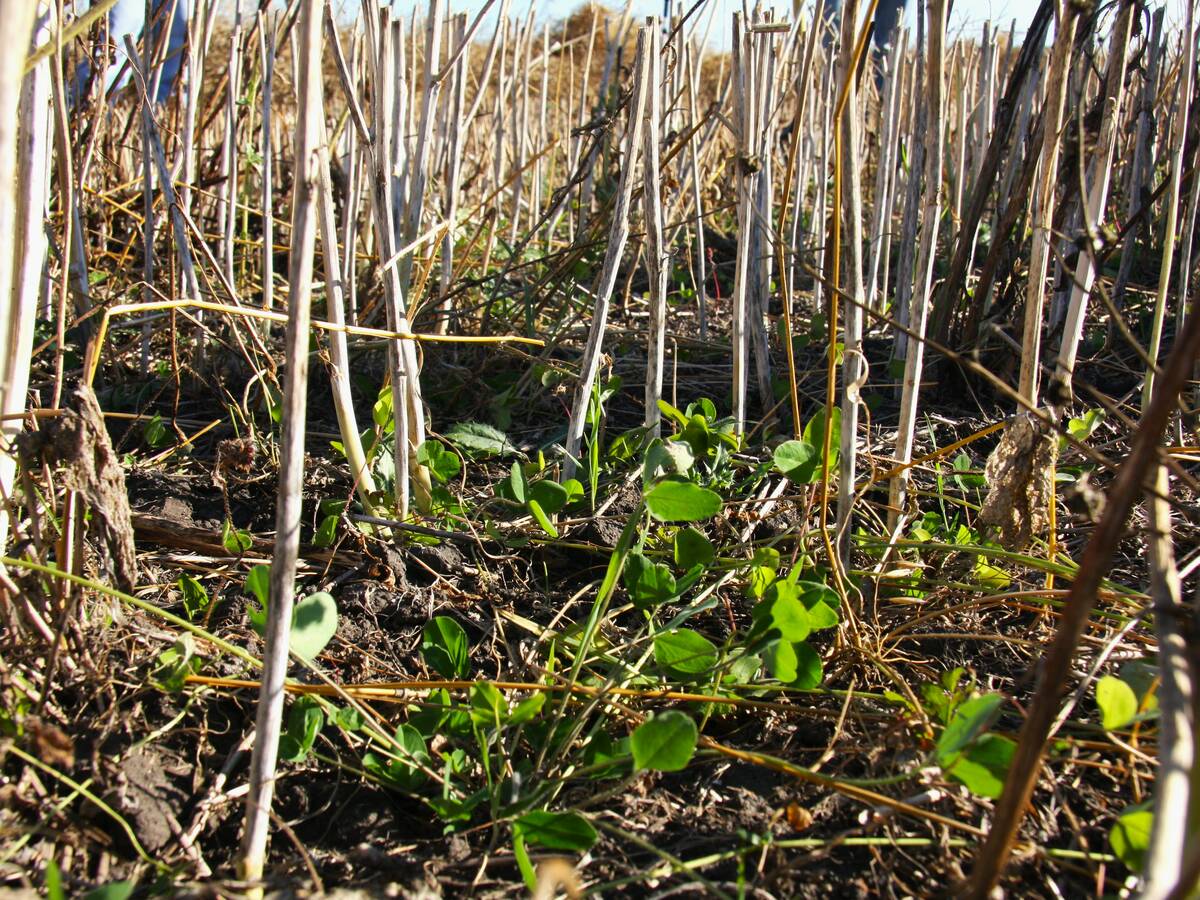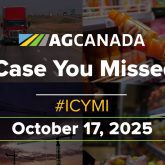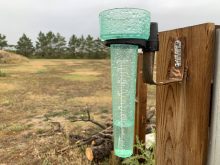Hog producer Stephen Moffett has given MPs a glimpse of the financial trauma his industry is facing as it calls for up to $1 billion in federal aid.
Moffett, who produces 100,000 market hogs a year near Sussex, N.B., told the House of Commons agriculture committee May 26 that lower demand and closed international markets because of the H1N1 flu virus have cost his operation dearly.
“The final shock, this H1N1 (virus), has hit us and that’s really knocked us in the teeth,” he said.
Read Also

Saskatchewan project sees intercrop, cover crop benefit
An Indigenous-led Living Lab has been researching regenerative techniques is encouraging producers to consider incorporating intercrops and cover crops with their rotations.
“H1N1 probably costs me $70,000 a week and continues to.”
Country-of-origin labelling rules in the United States have also cost his farm significant revenue losses.
Moffett has traditionally finished half his hogs in Canada and sent half as weanlings to the U.S. for finishing and slaughter.
COOL meant his long-term deal with a U.S. finisher and slaughter plant was cancelled when it stopped taking Canadian animals.
“We had to go with our hat in our hand to another plant, negotiate a deal with somewhat poorer returns on a per hog basis and had to move to a different location.”
Moffett now sends his weanlings to Indiana for finishing and slaughter.
He said in an interview all those events have sharply hurt the bottom line on his farm.
It was a single farm example of a crisis that has hit the hog industry.
Canadian Pork Council president Jurgen Preugschas told MPs he is optimistic the federal government will respond soon to his organization’s call for a $1 billion payment based on $30 for each hog marketed in 2008.
“We are expecting some movement on it very soon.”
He described to MPs an industry under siege – many producers are bailing out of hog production and the number of marketed hogs is falling.
The CPC president said producers have been hit by an unprecedented array of challenges: low prices, high feed costs, a high Canadian dollar, COOL and the influenza scare.
He told MPs that producer equity has eroded, debt load has increased and farmers have done what they can.
“The hog sector recovery from the various shocks will depend on how well the industry and government react to this extraordinary situation,” he said.
“Producers are doing everything they can. Governments need to act now.”
However, while Preugschas sounded optimistic that agriculture minister Gerry Ritz would respond to his call for a payout that would cost close to $1 billion, Conservative MPs on the agriculture committee did not sound as convinced.
Southwestern Ontario Conservative Bev Shipley said he did not see a way to send that money to hog farmers without it instead going to more powerful players in the food industry, as happened with BSE payments.
He also said such a payment to an export-dependent industry such as hogs would lead to trade problems.
Preugschas said the payment would be insulated from a trade challenge because it would be based on 2008 marketing data and not current sales.
“I’m not convinced that will work,” Shipley said. “You’re liable to get a challenge. Without a doubt, you will get a challenge.”
Later in the week, Saskatchewan MP Ed Komarnicki, parliamentary secretary to the minister of human resources and skills development, was more explicit.
Komarnicki, who was the government’s designated speaker during a debate with Liberal Wayne Easter, said per-head payments are not the way to go.
“Per head payments run a high risk of trade retaliation not only against the hog industry but against all other livestock and agricultural sectors,” he said. “Is that what (Easter) wants? Additionally, it would be very counterproductive to our current COOL challenge.”
Instead, the Conservative MP touted government loan programs, trade missions and a trade challenge to COOL as the answers to industry problems.
“On what planet does the government live?”Easter shot back. “Pork producers are out of time and the government sits on its haunches and talks about trade challenges.”














